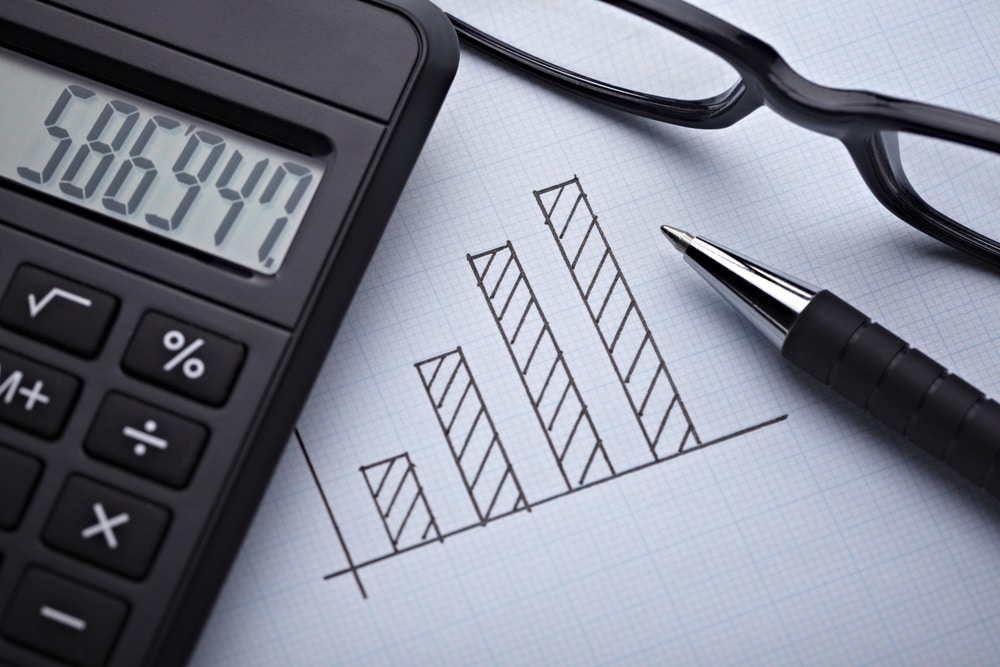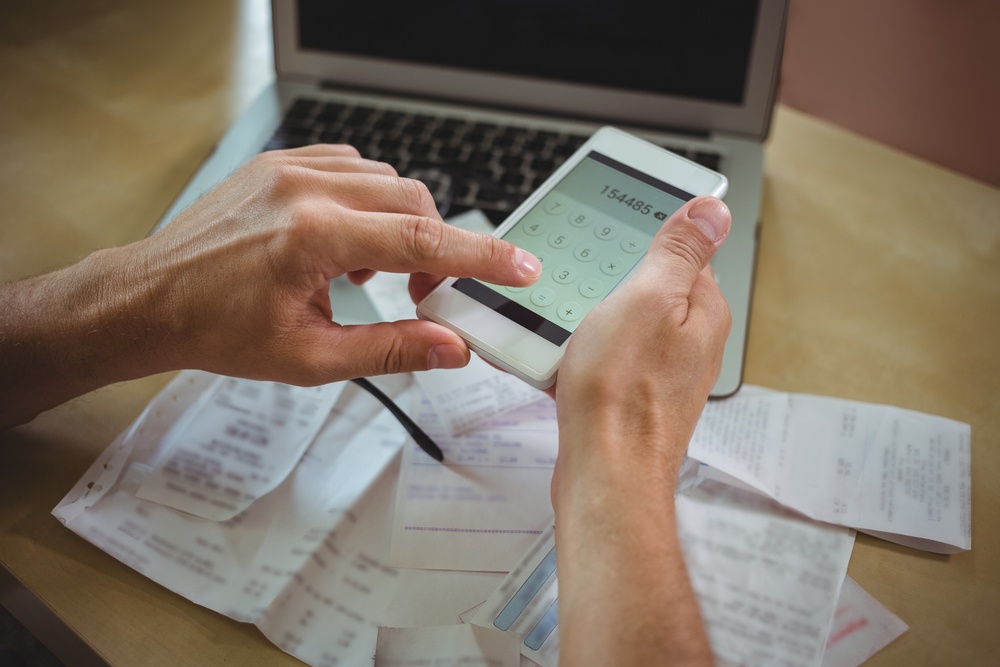Bankruptcy is a legal status applied to a person who is unable to repay their debt. It offers a fresh start for those whose debts have become completely unmanageable, although it can have serious implications for applicants’ personal and professional lives. When bankrupt, a person will be absolved of the responsibility to deal directly with their creditors, most court action aimed at reclaiming their debt will be dropped, and many debts can be written off (student loans and legal fees cannot be).
While the term is used conversationally to refer to individuals and businesses, in the UK it is technically only applicable to the former, with businesses being made insolvent through liquidation and administration.
What is the process for declaring bankruptcy?
A process must be followed for an individual to be declared bankrupt which can either be triggered voluntarily by themselves, or by their creditors who are owed over £5000.
After applying for bankruptcy and paying the £680 fee, the applicant must wait up to 28 days for adjudication. The adjudicator may request further evidence or information, and they have 14 days from receipt of this to make their decision. Rejected applications can be appealed, and a failed appeal may be taken to court. Upon successful application an official receiver who works for the Insolvency Service will be in touch within 2 weeks to explain what needs to be done.
A trustee will be assigned to each case: either an official receiver, or an insolvency practitioner if the debtor has more significant assets. Assets will be frozen, and beyond bare essentials deemed for living, the trustee will take control of estate and assets, sell them, and decide how to distribute the funds amongst creditors. There is a legal obligation to inform the creditor who is owed over £500 of the bankruptcy.
As well as repayment of debts, certain fees will deducted including both flat rates and percentage value of assets. Any remaining funds after debts and interest are paid will be returned to the debtor. If the debtor cooperates fully with the trustee throughout the process, they will be discharged from their bankruptcy after 12 months, even if the debts are not fully repaid at that point.
What are the consequences of becoming bankrupt?
As mentioned, a fresh start and removal of responsibility of dealing with creditors can be considered positive consequences for people struggling with debt.
However, there are many more negative consequences. There will be a mark on the applicant’s credit rating for at least 6 years, showing that they were bankrupt and making it much harder to secure business loans. If their earnings are high enough, payment toward outstanding debt may be subtracted from their salary for up to 3 years. Pension savings may be taken if the applicant is of a certain age, and their home and luxury items may be sold.
An applicant’s business may be sold along with its assets, and employees will be let off. The bankruptcy will be made public in most circumstances, meaning that future employers or business partners will be able to see. It is not possible to become a director, or to invest in setting up, managing or promoting a limited company without court permission after bankruptcy.
It also becomes more difficult to work in certain professions, including regulated financial professions and any profession where being licensed or registered is required, as bankruptcy will disqualify membership from the regulatory organisations. Gambling industry licenses will lapse, too.
It is legal to be self-employed or work within a partnership post-bankruptcy, although if a different business name is used there is a legal obligation to tell partners and customers the name through which bankruptcy was declared.
In short, a fresh start is offered but the playing field is changed drastically.
Applying for a small business loan after bankruptcy
Someone currently or formerly bankrupt represents higher risk, and will encounter higher interest rates and other stricter barriers to borrowing. A new bank account must be set up after bankruptcy, and high street banks offer (but do not always actively advertise) special accounts for individuals with poor credit.
The chances of receiving credit can be boosted by repairing a tarnished credit score by paying all new debts in full and on time, and keeping a detailed record of these transactions. Credit can be co-signed with a person or people with better credit rating, although this represents a high stakes investment for them, so they may be wary.
More weight will be placed on business plans too, which must be watertight. The trading history of any business will be examined more thoroughly than it would have been before bankruptcy.
Despite this, it is proven that businesses set up by people who were formerly bankrupt grow more quickly than others, so the difficulty it leads to by no means guarantees future failure.
How alternative finance providers can help
High street banks are far less likely to issue credit to people who were formerly bankrupt, especially in today’s financial market, and especially within the 6 year period where there is a mark on credit history.
The team at Funding Guru have experience in finding alternative funding solutions for borrowers with less-than-ideal credit histories, as we look at ambitions and vision rather than focusing solely on history. If you are currently or formerly bankrupt and are looking for secured business loans, or just information about how this may affect your future prospects, give us a call and we will be happy to help.





